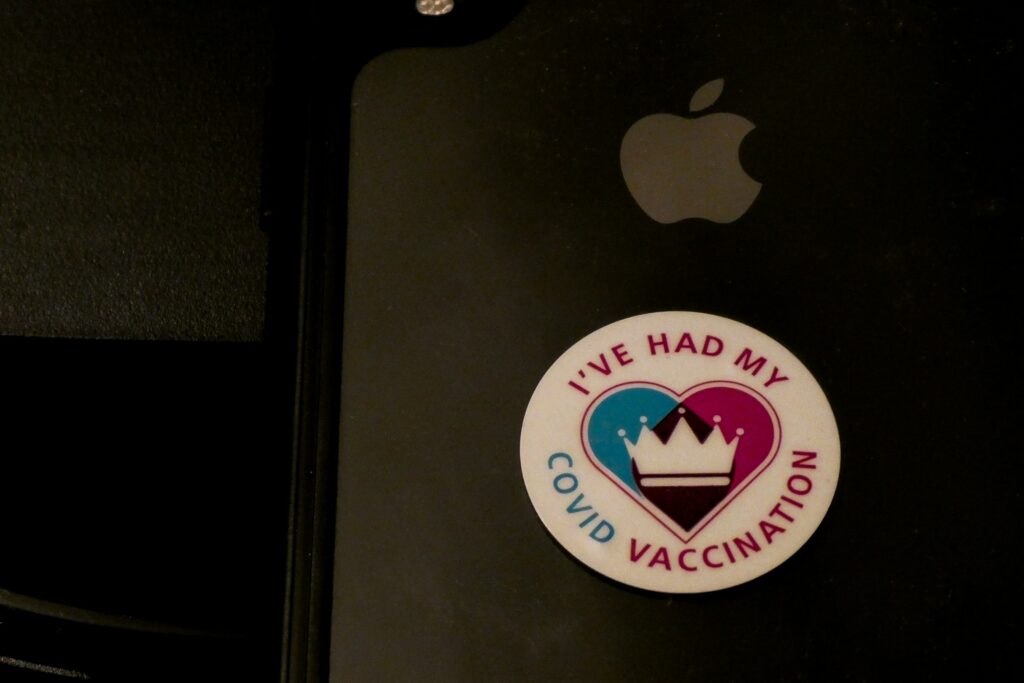Employment Law Report
EEOC Update Provides Additional Guidance to Employers with COVID-19 Vaccination Mandates

By: Alexa J. Elder
On October 25, 2021, the Equal Employment Opportunity Commission (“EEOC”) expanded its technical assistance document to address questions regarding COVID-19 vaccine work-mandates and Title VII religious exemptions. Title VII protects employees from religious discrimination and requires employers to accommodate an employee’s sincerely held religious beliefs, practices, and observances absent undue hardship. The EEOC’s updated document provides a framework for employers to consider when navigating an employee’s religious accommodation request under Title VII.
Political, social, and economic views are not grounds for an exemption.
According to the updated guidance, employers should generally assume that an employee’s request for a religious accommodation is based on a sincerely held religious belief. However, “if an employer has an objective basis for questioning either the religious nature or the sincerity of a particular belief, the employer would be justified in making a limited factual inquiry and seeking additional supporting information.” The updated document confirms that an employee’s political, social, economic, or non-religious views are not grounds for an exemption.
Employers should consider all reasonable accommodations.
If an employee does hold a sincere religious belief, employers are encouraged to consider all reasonable accommodations. The updated guidance recognizes that it is oftentimes possible to accommodate an employee’s request without imposing an undue hardship. “If more than one accommodation would be effective in eliminating the religious conflict, the employer should consider the employee’s preference but is not obligated to provide the reasonable accommodation preferred by the employee.” If the employer denies the employee’s proposed accommodation, the update recommends that the employer explain to the employee why the preferred accommodation is not being granted.
Employers do not have to provide an accommodation if it would impose an undue hardship.
Finally, “[i]f an employer demonstrates that it is unable to reasonably accommodate an employee’s religious belief without an ‘undue hardship’ on its operations, then Title VII does not require the employer to provide the accommodation.” In the case of religious accommodation requests, courts have considered an accommodation which requires an employer to bear more than a “de minimis cost” to constitute an undue hardship. Notably, the EEOC’s update recognizes that“[c]osts to be considered include not only direct monetary costs but also the burden on the conduct of the employer’s business – including, in this instance, the risk of the spread of COVID-19 to other employees or to the public.” Moreover, an employer’s obligation to provide a religious accommodation absent undue hardship is a continuing obligation which should take into account changing circumstances.